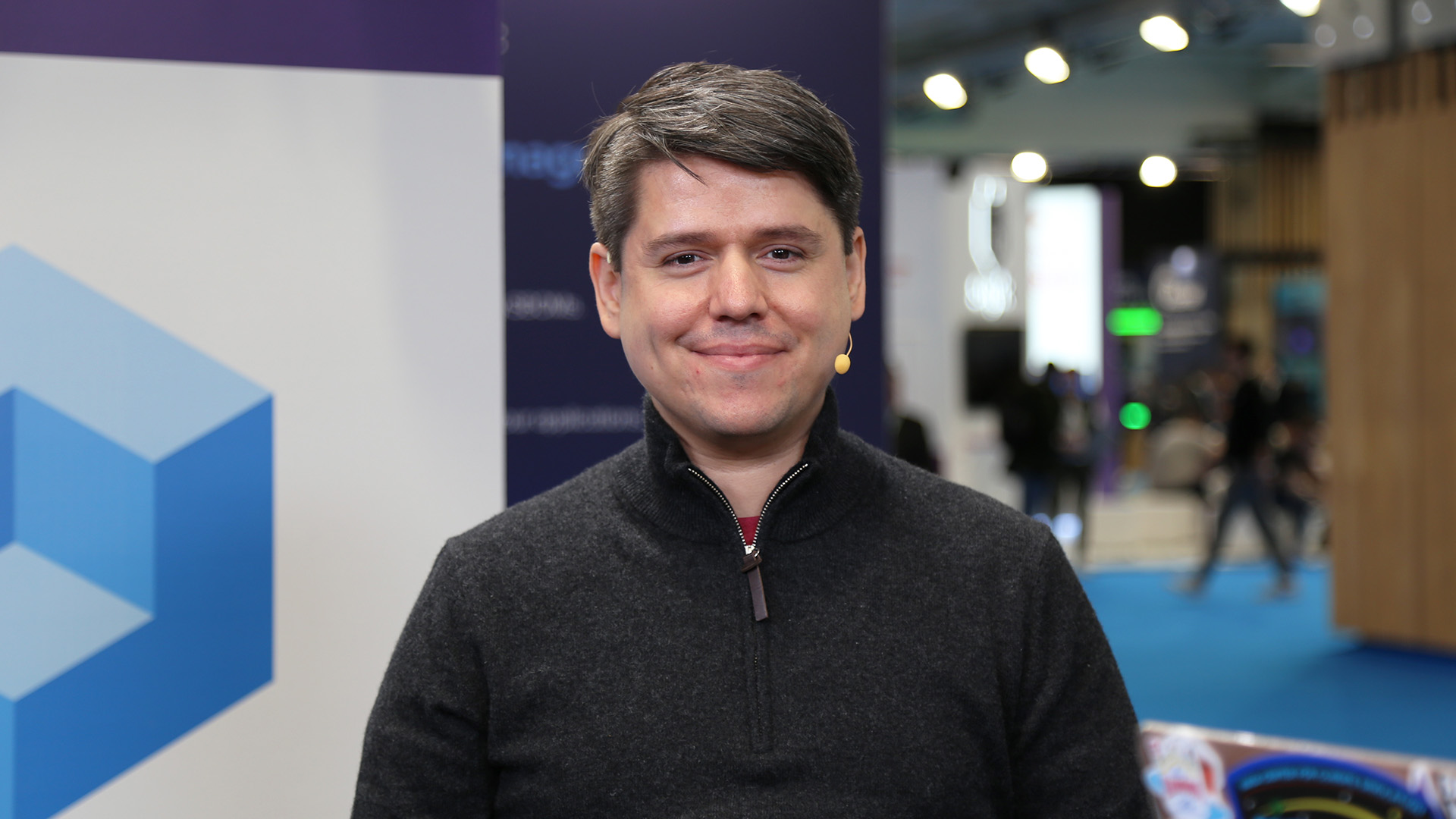 AI
AI
 AI
AI
 AI
AI
AI has transformed the landscape for data storage, and MinIO Inc. is looking to bring companies into a new era of data management with the expansion of its Kubernetes-native object store tools.
“Finding a failure or being ahead of the failures on such a large amount of drives is like finding a needle in the haystack,” said Daniel Valdivia (pictured), engineer at MinIO. “We are building all these new enterprise object store tools that are optimized for helping you find these problems ahead of time.”
Valdivia spoke with theCUBE’s Rob Strechay and Savannah Peterson at KubeCon + CloudNativeCon Europe, during an exclusive broadcast on theCUBE, SiliconANGLE Media’s livestreaming studio. They discussed how data storage is evolving in response to the needs of machine learning technology and the next steps for companies looking to adopt it. (* Disclosure below.)
Many companies that process large amounts of data, such as cybersecurity or automotive companies, are eager to incorporate AI. Their data management has to meet their changing needs, according to Valdivia.
“I’m even seeing customers maturing out of bare metal … everything’s containerized, everything is gearing towards the object storage APIs,” he said. “AI is really pushing everyone. Now you need to modernize even faster because you [might not] be able to retrofit an AI paradigm on a legacy style of development.
MinIO builds data storage tools that track the performance of a drive before problems arise, according to Valdivia, who calls the strategy being “proactive rather than reactive.” In the AI era, companies will need updated hardware to process such large amounts of data.
“[Non-volatile memory express is] four times price difference, but you make that money back in saving [the] cost of human capital,” Valdivia said. “Because if you are with the cheap hardest drives, eventually they’ll fail.”
NVMes deliver higher throughput and faster response times than a traditional hard drive, he added.
As the industry enters an AI-powered future, companies will need storage software, as well as hardware, that can manage data at the exabyte level.
“AI demands that scale and that speed,”Valdivia said.
Here’s the complete video interview, part of SiliconANGLE’s and theCUBE Research’s coverage of KubeCon + CloudNativeCon Europe:
(* Disclosure: MinIO Inc. sponsored this segment of theCUBE. Neither MinIO nor other sponsors have editorial control over content on theCUBE or SiliconANGLE.)
THANK YOU